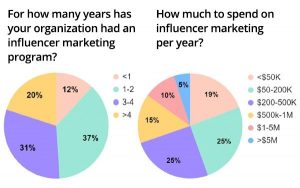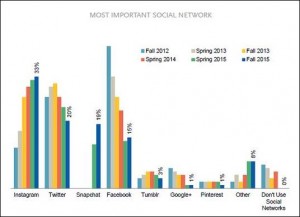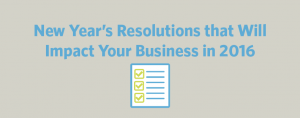Going viral is not a practical marketing goal for any business. Creating great content, so customers remember your company when they make a purchase, is a more realistic expectation. In order to get in front of potential customers before they buy, content marketers must understand what’s behind that buying decision. That’s the central point behind Rand Fishkin’s presentation about why content marketing fails.
Companies must get to know prospective customers before they make a purchase. The more information a business has about potential customers, the better connection it is likely to make with them. That’s the reality Fishkin brings home with his no-holds-barred “Why Content Marketing Fails” presentation.
Get in Front of Your Customers
“If you get in front of someone, three, four, five, six, seven times before they’ve made that purchase, you’ve provided them with content because you’ve engaged with them on social media, because they follow you; they got an email from you,” Fishkin said. “All of those touches will contribute to a vastly greater chance at conversion.“
Search is a chance for companies to be alongside customers during the purchasing process — whether B2B or B2C. Fishkin asserts search is not only an integral part of content marketing, it is SEO.
“I think that doing content marketing without SEO is like building a boat and planning for only calm water. That there’s never going to be a storm, so we don’t really have to worry about the boat tilting to one side or another. Both are insane,” he said.
A key takeaway from his presentation is content marketing not only takes time, but prospective customers don’t find, take action and interact with your business in the way that marketers want them to.
“It’s about understanding who your customers are, who the people who influence your customers are, which can often times be a very different set of people than your customer base; and then finding out the questions they ask; the searches they perform; the things that they discuss online and find fascinating and producing content that appeals both emotionally and informationally to their needs,” he said.
Fishkin said content marketers should understand:
- Content marketing needs to be done in a consistent, scalable fashion.
- It will take a long time to build up any kind of following and to earn amplification and to reach your audience.
- There won’t likely be a single piece that has huge viral component and reaches hundreds of thousands or millions of people.
- Over time, you will be to reach hundreds of thousands of people through thousands of pieces of individual content that serve those questions and those needs.
SEO Impact on Content Marketing Efforts
Why is SEO so powerful for content marketers? The two-word answer is domain authority. Fishkin describes domain authority like this: If the content on your site (from your blog, articles, videos, etc.) is earning lots of attention and awareness (links, trust, references, citations, etc. – all positive signals), Google and Bing are more likely to rank you higher for all kinds of searches. For example, he pointed out if many people are linking to a presentation on Moz’s website, then when they search for SEO tools or SEO software, Moz will more likely rank for those terms as well.
“There’s a kind of synergy that happens, an extra boost that SEO can give. That’s one of the reasons that content marketing was adopted so early on ... because it’s such a powerful driver of rankings even if it’s not the specific content that earns the links and citations,” he said.
Search is a great, and possibly overlooked, opportunity for content marketers. Fishkin said consumers are conducting more searches across many different devices, but a huge number of those searches are informational. This is the chance to get content marketing in front of potential buyers.
“People are searching for information many times — way before they are searching to transact, way before they decide to make their purchase, they’re researching or they’re thinking about something and they’re looking that up,” he said. “Search is an incredible opportunity to be in front of people through … the entire life cycle of a purchase. Search is also tremendously powerful, of course, because it’s so actionable in nature. Someone is telling them exactly what they want and when they want it, and they can be in front of them right at that time versus other form of content promotion.“
Business Articles | Business 2 Community
(328)
Report Post







